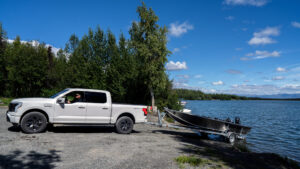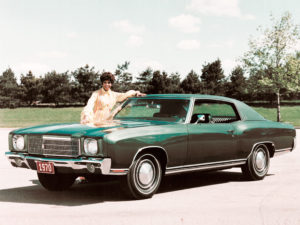Whether you’re new to driving in winter weather or a veteran in need of a reminder, we’ve taken the time to answer your winter tire frequently asked questions. Read below to find out the answers to common winter tire questions.

Share this on your community
Facebook
Twitter
Pinterest
LinkedIn
Reddit
WhatsApp
Telegram
Email









